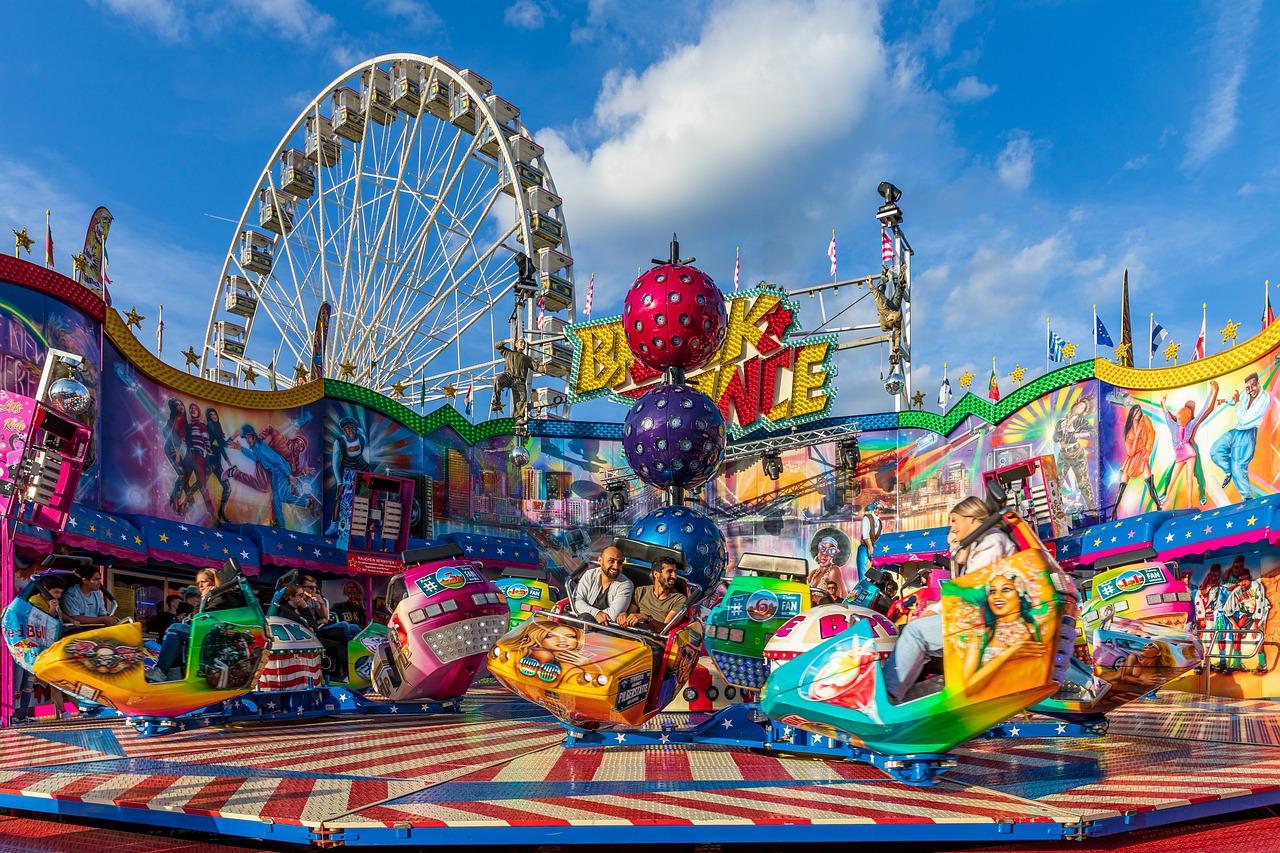
Aug 22,2024 Qiang Li Rides1,092
Creating a Dream Theme Park: Unveiling the Secrets of Layout Planning
Stepping into a theme park, have you ever marveled at its intricate layout, diverse facilities, and unique themes? Today, let's lift the veil on the mystery of theme park layout planning and create a "fantasy kingdom" in the hearts of visitors!
1. Market Research and Demand Analysis: Understanding the Market and Visitors
Before planning a theme park, in-depth market research and demand analysis are essential. Understanding the target market's demographics, spending power, and entertainment preferences helps tailor the park to meet visitors' needs. Investors should focus on target audience, competitor analysis, and market trends to ensure the park stands out in a competitive market.

2. Theme Positioning and Zoning Design: Unique Themes, Immersive Experiences
The core competitiveness of a theme park lies in its unique theme and experiences. A clear and attractive theme enhances visitor engagement and memorability. In zoning design, we must focus on the coherence of the theme story, the rationality of area distribution, and the diversity of project distribution to cater to the needs of visitors of different ages and interests.
3. Circulation Planning and Crowd Control: Seamless Exploration, Joyful Moments
Scientific circulation planning is crucial for improving operational efficiency and visitor experience. We need to define main and secondary pathways, strategically place popular attractions and service facilities, ensuring visitors can easily navigate and enjoy the park.
4. Landscape Design and Atmosphere: A Visual Feast, Enhanced Visitor Experience
Good landscape design enhances the visual appeal of a theme park and improves visitor satisfaction. In landscape design, we should focus on thematic consistency, the reasonable combination of vegetation and water bodies, and the safety and aesthetics of night lighting, creating a captivating dream kingdom.
5. Safety and Sustainability: Ensuring Visitor Safety, Contributing to the Earth
Safety is paramount in theme park operations. We must ensure all facilities and attractions meet safety standards and undergo regular inspections and maintenance. Additionally, sustainable practices should be integrated throughout the planning process, from material selection to energy management and waste disposal, protecting visitors and contributing to the Earth.

6. Flexibility and Expandability: Keeping Up with the Times, Innovating and Upgrading
As market demands and visitor expectations evolve, park layouts need flexibility and expandability. Reserving space for future expansion, adopting modular designs, and creating multifunctional areas help us adapt to future adjustments and expansion needs, keeping pace with the times and continuously innovating and upgrading.
By integrating these elements into your park planning, you can create an attractive and efficiently operated theme park. Follow us to avoid confusion in your park planning journey! Let's join hands to create more wonderful theme parks!